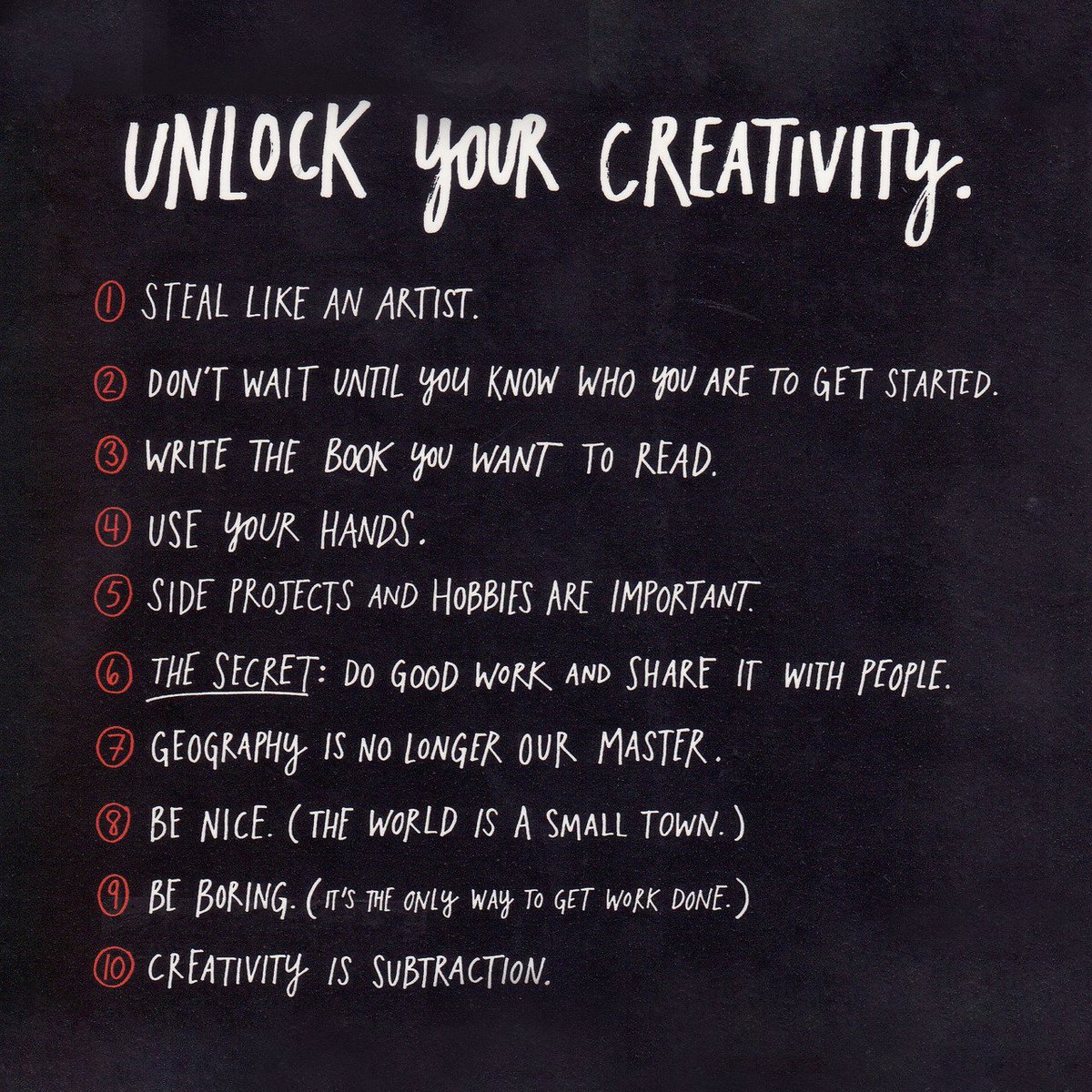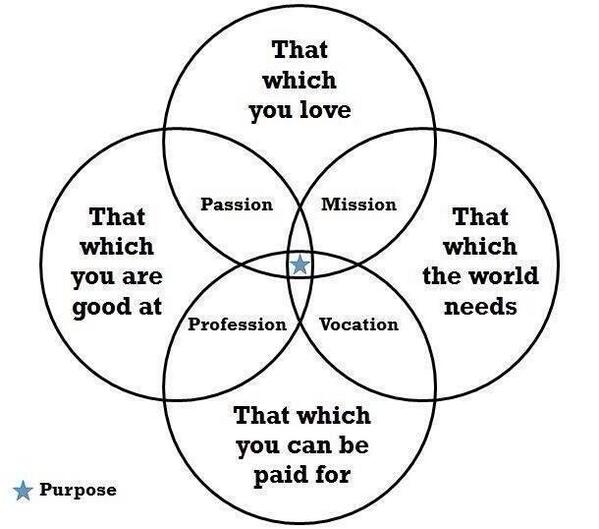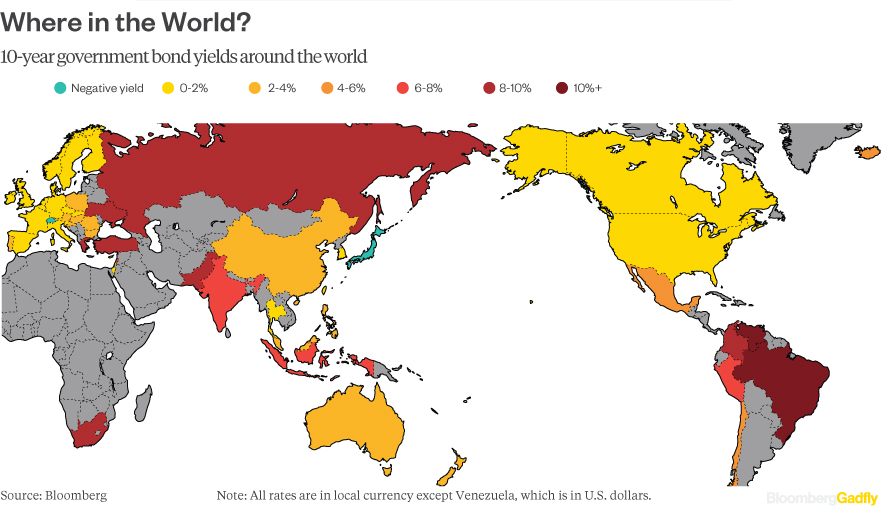
Unlock Your CREATIVITY



Psychology
“To avoid whipsaw losses, stop trading.”
“It can be very expensive to try to convince the markets you are right.”
“A fish at one with the water sees nothing between himself and his prey. A trader at one with his feelings feels nothing between himself and executing his method.”
Risk Management
“The elements of good trading are cutting losses, cutting losses, and cutting losses.”
“Here’s the essence of risk management: Risk no more than you can afford to lose, and also risk enough so that a win is meaningful. If there is no such amount, don’t play.”
“In your recipe for success, don’t forget commitment – and a deep belief in the inevitability of your success.”
Trading System
“The trend is your friend except at the end when it bends.” (more…)

 Jerome Kerviel. Rogue Trader. As this case unfolds, more and more information is being revealed. He was the quiet guy with a not-so-impressive education background. Many of his peers may have been picked from the prestigious Grandes Ecoles, the Harvards and M.I.T.’s of France, and wielded advanced degrees in math or engineering. Kerviel came to work with a business school background and started work in the bank in the back office. Can we learn a valuable lesson from this case? As personal “professional” traders (as opposed to institutional trading), are we guilty of being rogue traders every once in a while? No compliance department to answer to. No regulator breathing down your back.
Jerome Kerviel. Rogue Trader. As this case unfolds, more and more information is being revealed. He was the quiet guy with a not-so-impressive education background. Many of his peers may have been picked from the prestigious Grandes Ecoles, the Harvards and M.I.T.’s of France, and wielded advanced degrees in math or engineering. Kerviel came to work with a business school background and started work in the bank in the back office. Can we learn a valuable lesson from this case? As personal “professional” traders (as opposed to institutional trading), are we guilty of being rogue traders every once in a while? No compliance department to answer to. No regulator breathing down your back.
Kerviel’s job was arbitrage: the art of exploiting tiny and momentary discrepancies in prices of very similar stockmarket instruments. To make money, the bank has to wager big volumes but the risk is usually small because each transaction is balanced with an equal and opposite one. The bank says he created fictitious accounts to make it look as though his bets that shares would rise had been covered. The bank was open to the risk prices would fall – they did. Kerviel was able to get away with it partly because SocGen’s risk systems do not check up on unregulated over-the-counter contracts straight away if no deposit is required, the bank said. Furthermore, the bank primarily looks at the net exposure to market prices rather than the total outstanding amount wagered. Bank risk experts say this approach is not peculiar to SocGen. To keep the checks at bay and continue trading, the dealer falsified documents and misappropriated passwords, SocGen said.
Most would-be traders operating from home are either self-taught or taught from education package bought from a trading education company. We are very much like the rogue trader: we don’t have top class education, we have access to both the trading and the back office side of the business and we have the same psychological vulnerabilities. We are only human. It is easy to be seduced by money as much as Kerviel had been. It has been reported that he was attracted by the prospect of a 300,000 euro (US$503,778) performance bonus, but did not personally profit from any of the financial deals. He wanted that bonus. He may also wanted to keep up appearances with his peers.
Rogue trader psychology is one of delusion and illusions. The delusion of self in believing that taking on ridiculous levels of risk to “fix” a trade. Kerviel had taken a US$83 billion losing bet on European share prices. The illusions of a rogue trader include the belief that everything will go their way – the market will turn their way but when the time comes, the opportunity that they saw didn’t come into fruition – the mirage in the distance.
The problem was, rogue traders have access or knowledge about back office operations. It was the case with Nick Leeson in 1995 and also the case for Jerome Kerviel in 2008. Rogue trader’s can further their delusion by flexing the system to suit their reality. It was a total breakdown of the system.
Professional non-institutional traders don’t have the luxury of a compliance system. No compliance department to answer to. No regulator breathing down your back. No limits. They have 100% control over their own risk, their own compliance.
Professional non-institutional traders aka traders operating from home; have to institute their own control systems. They must operate with their own trading rules taking into consideration what level of risks they are able to make. They must also consider how they will mitigate their own risks by creating a money and risk management system including stop losses and a buffer. Be wary when you do start flexing your own rules regarding risk. You may turn yourself into a rogue trader.


 Successful traders examine the current market conditions to determine if they are bullish, bearish, or a trading range environment. After determining the current market environment traders can select the tools from the their trading tool box that perform best in the current conditions. When the market conditions change then traders need to adapt to the new market environment by selecting new tools that are most appropriate for the new market conditions.
Successful traders examine the current market conditions to determine if they are bullish, bearish, or a trading range environment. After determining the current market environment traders can select the tools from the their trading tool box that perform best in the current conditions. When the market conditions change then traders need to adapt to the new market environment by selecting new tools that are most appropriate for the new market conditions.
In addition to adapting to the current market conditions by using the appropriate tools from the trading tool box there are several practical aspects of trading that traders need to master.
Never enter a position without having a plan for exiting the position. If you Do not know where to get out of a position you should not enter it in the first place. In swing trading time frames stocks often run to the next resistance or Support level and then stall. We have seen that stocks rarely remain outside the Bollinger bands for long, so when a position reaches the Bands it is often a good Place to look at profit taking, especially in trading range environments.
There is usually no need to rush in when the markets trend changes. Any trend worthTrading does not require you to be in on the first day, by definition. It is usually better to make sure the trend change is real and then react rather than assuming that the first Day of a potential change is something that is going to continue.
There are a lot of jobs where people get paid every Friday. Trading is not one of them. There will be profitable weeks and losing weeks as the normal statistics work out. Remember that if you make enough trades there is a reasonable probability of seeing…
ten losing trades at some point, even with good trading systems. This is part of trading and traders need to allow for it when they work out position sizing and money management techniques.
You do not have to trade every day or take trades just because they came upon the evening scan. Carefully consider the recent price and volume action in the market before taking positions. Look for the best trades, consider long trades that have not shown a lot of recent distribution and have ‘room to run’ before hitting the next resistance area or the upper Bollinger Band.
Make sure that your position sizing is such that if all your current positions were stopped out that the total loss is something that is still comfortable. This happens from time to time and wishing it did not will not change it. Be prepared by using sensible position sizes.
Review each of your positions every evening and determine if it is something you still want to be holding based on the recent market action and the price volume patterns of the position. Longs going up on declining volume are showing weakness and I generally close out those positions and put the money to work in something stronger. You are hiring a stock to do a job for you, if it is not doing the job fire it and hire another. (more…)
 These were the last words of Buddha ,in the Theravada tradition.The title Buddha means ‘Enlightened one ‘ or ‘Awakened One’.In Buddhism ,the Buddha refers to Siddhartha Gautama,born in Lumbini in modern Nepal.According to most traditions ,he lived many lives before coming to our present world era.Born a prince ,at the age of 13 he was escorted out of the palace.Buddha came across the ‘four sights ‘ :an old crippled man ,a diseased man ,a decaying corpse and finally an ascetic.Gautama realized that age ,disease ,death and pain were inescapable ,and that the poor would always outnumber the rich.However ,even if one was wealthy ,everyone shared age ,disease ,death and pain.Neither money nor peace can relieve people from fear and anxiety ,or lead them to ultimate happiness.
These were the last words of Buddha ,in the Theravada tradition.The title Buddha means ‘Enlightened one ‘ or ‘Awakened One’.In Buddhism ,the Buddha refers to Siddhartha Gautama,born in Lumbini in modern Nepal.According to most traditions ,he lived many lives before coming to our present world era.Born a prince ,at the age of 13 he was escorted out of the palace.Buddha came across the ‘four sights ‘ :an old crippled man ,a diseased man ,a decaying corpse and finally an ascetic.Gautama realized that age ,disease ,death and pain were inescapable ,and that the poor would always outnumber the rich.However ,even if one was wealthy ,everyone shared age ,disease ,death and pain.Neither money nor peace can relieve people from fear and anxiety ,or lead them to ultimate happiness.
Departing from the palace and wearing rags ,Gautama studied meditation ,becoming an ascetic in his search for enlightenment.He found that the true liberation from worry could be attained only by reaching a state of absolute tranquillity and enlightenment.Buddhism had evolved into three major schools of teaching ,and its peaceful and forgiving tenets have influenced later religions.
After 45 years of teaching ,the Buddha passed into Parinirvana ,the state of Nirvana attained at death.in his last sermon ,he encouraged his disciples to diligently ‘doubt everything ‘and seek the truth ,not holding on to that which is impermanent.
